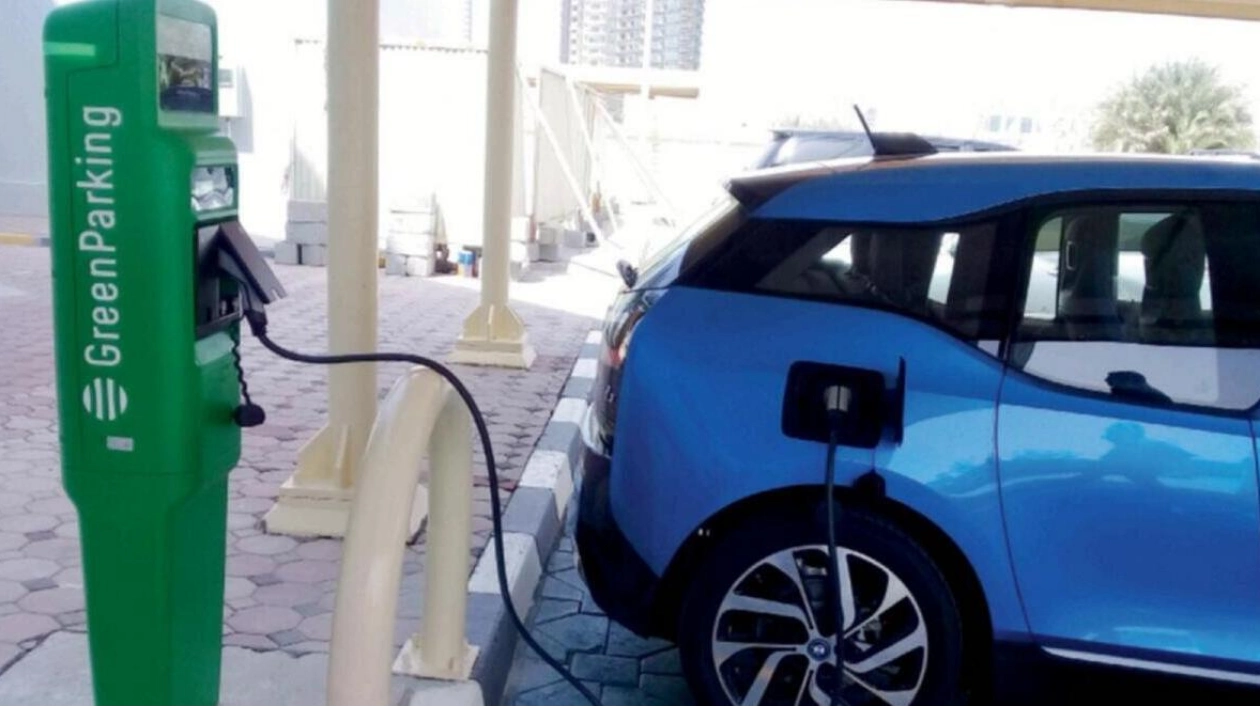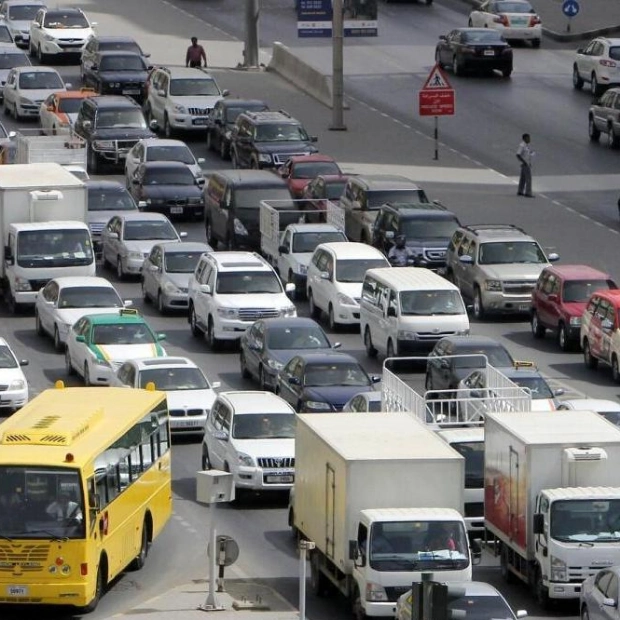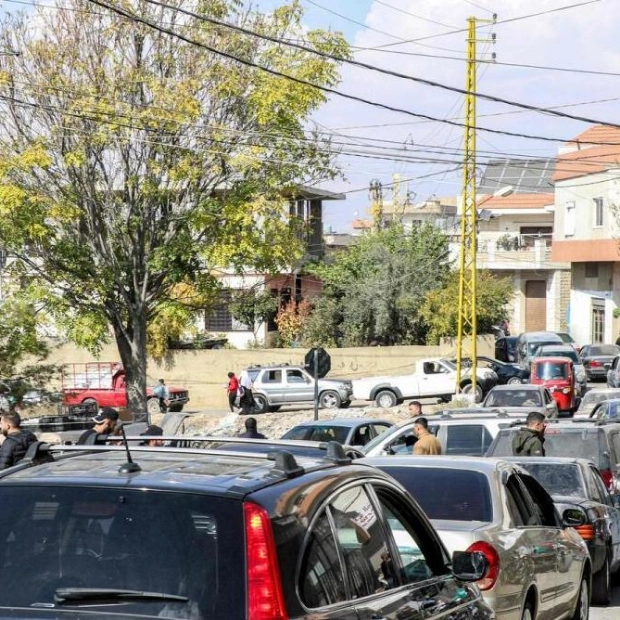Electric vehicle owners in the UAE are gearing up to pay additional hundreds of dirhams monthly due to the recent introduction of a standardized pricing structure for electric vehicle (EV) charging. This new structure, however, promises to increase the availability of EV chargers nationwide, easing congestion at supercharger stations. Following the UAE Cabinet's decision to impose new fees for EV charging services in public areas, express charging will now cost a minimum of Dh1.20 + VAT per kWh, and slow charging Dh0.70 + VAT per kWh. Previously, charging rates varied significantly, with some stations offering free services. Meanwhile, UAE residents are inquiring whether these fees will apply to private charging infrastructures, such as Tesla's complimentary supercharging.
Although the specifics regarding the implementation timing and method of these new fees are not yet clear, the cabinet's resolution indicates that they will become effective 60 days after being published in the Official Gazette, potentially starting September 6. This decision is expected to shorten waiting times at crowded stations and promote the use of renewable energy as a viable alternative. UAE national Huda Al Hashmi commented, "The new fee structure aims to standardize the cost of charging EVs across public charging stations, but its applicability to Tesla chargers remains uncertain." Other EV owners note that Tesla owners can easily access numerous charging stations located in malls, while many auto manufacturers, including Tesla, offer free charging incentives with their EVs.
Starting June 1, 2023, the cost for charging EVs at public stations was set at Dh38 fils per kWh + fuel surcharge per kWh + VAT for both commercial and non-commercial EV Green Charger registered users. Palestinian resident Sajida Alam believes that while the impact on all users is yet to be seen, the move to unify charging fees is a clear attempt to standardize prices. "Existing users will see a slight increase in their monthly expenses, but the current rates seem reasonable and are still more affordable than fossil fuels," she said. Dubai's green parking spaces, in collaboration with Dewa, allow customers with Dewa EV accounts and guest users to charge their EVs by scanning the QR code on Dewa Green charger stations. Payment for registered users can be processed through the Dewa billing system.
Tesla user Vyomika Agarwal highlighted the challenges of finding available superchargers, especially with the increase in taxi Teslas occupying these stations. She expressed uncertainty about whether these new charges would apply to private Tesla chargers. Agarwal also noted that a supercharger can fully charge her Tesla in 45 minutes, and she installed a home charging station to avoid public charger congestion. Charging times vary, with a full charge taking less than two hours from a very low battery, or about 1-1.5 hours from 30-40 percent. Charging at home is linked to the DEWA bill, and she plans to use the Dewa chargers at the airport during her next visit.
Some residents find innovative locations to charge their vehicles, such as hotels. Chand Guria, who purchased a Model Y Tesla in January 2024, mentioned that a 100 percent charge lasts about 500km, and he primarily uses his home charging station. The only time he needed to charge outside was during a trip to Abu Dhabi when he stopped at a hotel to recharge his vehicle.






